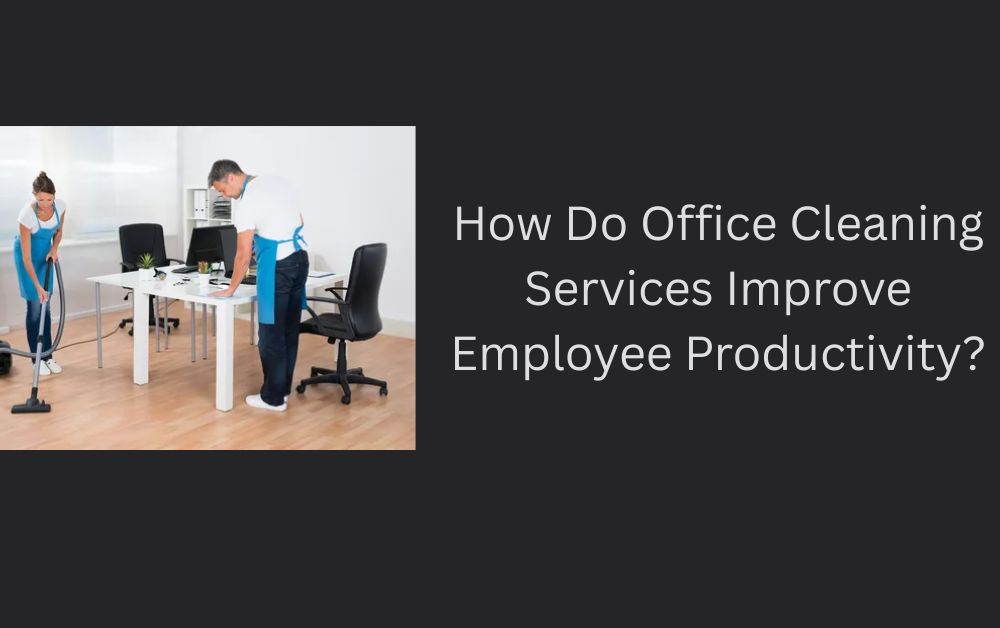A commercial eviction hearing is a legal proceeding where a landlord seeks to reclaim possession of a rented commercial property due to a tenant’s non-compliance with the lease agreement. This process can be complex, involving legal protocols, documentation, and court appearances. Understanding the procedures involved can help both landlord action and tenants navigate the eviction process effectively.
Understanding Commercial Evictions
What is a Commercial Eviction?
A commercial eviction occurs when a landlord legally removes a tenant eviction specialists from a business property for breaching lease terms. Common reasons include non-payment of rent, lease violations, or property damage.
Differences Between Commercial and Residential Evictions
Commercial evictions differ from residential evictions in several ways:
- Less tenant protection: Commercial tenants have fewer legal protections compared to residential tenants.
- Lease agreement governs terms: The lease agreement heavily dictates eviction procedures.
- No right to habitability: Unlike residential tenants, commercial tenants cannot argue uninhabitable conditions as a defense.
Preparing for a Commercial Eviction Hearing
Legal Grounds for Eviction
To proceed with an eviction, the landlord must have valid legal grounds such as:
- Non-payment of rent
- Violation of lease terms
- Illegal activities on the premises
- Property damage
- Expiration of lease without renewal
Issuing a Notice to the Tenant
Before filing an eviction case, landlords must serve a proper notice to the tenant, including:
- Pay or Quit Notice: Given when a tenant fails to pay rent, offering a deadline to pay or vacate.
- Cure or Quit Notice: Issued when a tenant breaches lease terms, allowing time to fix the issue.
- Unconditional Quit Notice: Requires the tenant to leave without an option to rectify the violation.
Filing an Eviction Lawsuit
If the tenant does not comply with the notice, the landlord responsibilities files an eviction lawsuit (unlawful detainer action) in the appropriate court.
The Commercial Eviction Hearing Process
Serving the Tenant with a Summons
Once the lawsuit is filed, the court issues a summons and complaint, which must be legally served to the tenant. The tenant has a specific time to respond, usually within 5-30 days depending on jurisdiction.
Tenant’s Response and Possible Defenses
The tenant can respond by:
- Paying the overdue rent (if applicable)
- Filing an answer with defenses, such as:
- The landlord did not follow proper procedures.
- The eviction is retaliatory.
- The lease terms were misinterpreted.
- Negotiating with the landlord to settle the dispute outside of court.
The Court Hearing
During the eviction hearing:
- Both parties present evidence. The landlord presents lease agreements, rent records, notices, and other supporting documents.
- The tenant can defend against the eviction. This may include proving compliance with lease terms or highlighting landlord violations.
- The judge evaluates the case and makes a decision based on the presented facts.
Possible Outcomes of the Hearing
- Judgment in Favor of the Landlord: The court grants the eviction, and the tenant is given a deadline to vacate.
- Judgment in Favor of the Tenant: The eviction is denied, allowing the tenant to continue occupying the property.
- Settlement Agreement: The parties may reach a mutual agreement outside the court’s decision.
- Appeal Process: The losing party can appeal the decision, delaying the eviction.
Post-Hearing Procedures
Enforcing the Eviction Order
If the landlord wins the case, the court issues a writ of possession, which allows law enforcement to remove the tenant if they do not leave voluntarily.
Reclaiming the Property
Once the tenant vacates, the landlord can:
- Change locks and secure the property.
- Assess and document any damages.
- Seek compensation for unpaid rent or damages if necessary.
Handling Tenant’s Belongings
If the tenant leaves belongings behind, laws dictate how the landlord should store or dispose of them. Some jurisdictions require landlords to give tenants time to reclaim their property.
How an Eviction Specialist Can Help
Role of Eviction Specialists
Eviction specialists assist landlords in navigating the complex eviction process by:
- Preparing legal documents
- Serving notices correctly
- Representing landlords in court
- Advising on compliance with local laws
Choosing the Right Eviction Specialist
When hiring an eviction specialist, consider:
- Experience and knowledge of commercial eviction laws
- Success rate in handling eviction cases
- Reputation and client reviews
Conclusion
A commercial eviction hearing is a critical legal for landlords process that requires landlords and tenants to understand their rights and obligations. By following proper procedures and seeking professional assistance when necessary, both parties can ensure a fair resolution. Whether you are a landlord seeking to reclaim your property or a tenant defending your lease rights, thorough preparation is key to achieving the best possible outcome.










